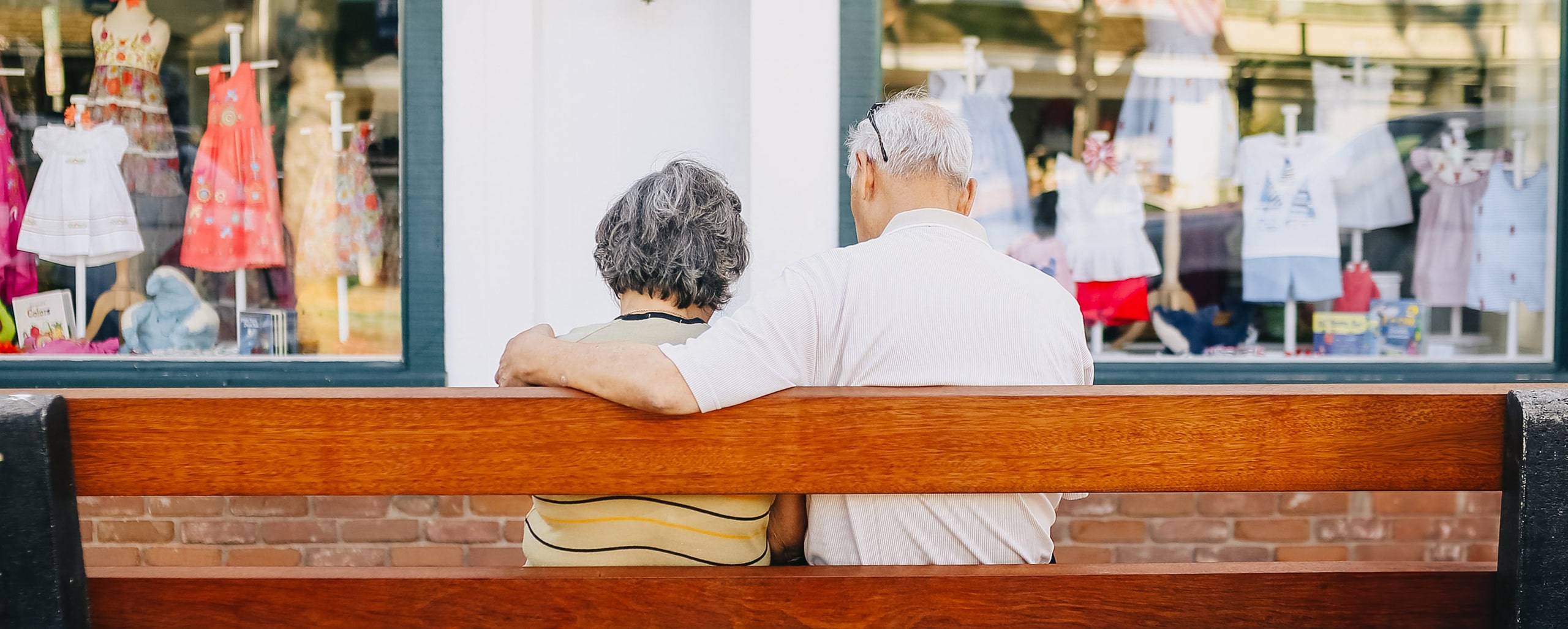January 8, 2024
Why Missing My Son’s Wedding Was My Moment of Clarity. A Sobriety Story.

I attended my first Alcoholics Anonymous (AA) meeting at 37 years old. It would be 9 more years before I got sober.
My first thought when I entered the meeting, was that I didn’t belong. I couldn't relate to what these people were going through or the stories they were telling. They had been to rock bottom. They needed help. I didn’t. I could fix myself. So, before the meeting was halfway complete, I stood up, walked out, and went straight to the bar. I got my first DUI later that night.
It wouldn’t be until I entered recovery nearly a decade later that I discovered that fewer than 1 in 6 alcoholics receive treatment. While those suffering from Alcohol Use Disorder (AUD) are often portrayed as sloppy, abusive drunks, the reality of the disease is often much more subtle.
According to the Diagnostic and Statistical Manual of Mental Disorders (DSM5), Alcohol Use Disorder often appears in the form of, but is not limited to, the following symptoms:
- Loss of control – Intense and uncontrollable cravings create an inability to limit the amount of substance consumed, despite the best intentions.
- Tolerance – Needing increasing amounts of the substance to achieve the desired effects.
- Withdrawal – An inability to quit the use of consumption, typically triggered by physical or psychological symptoms.
- Continued use despite consequences – Unrelenting cravings that lead to continued use despite negative effects on one’s life, from social isolation to physical or financial strain.
- Interference with daily life – Substance use begins to take precedence over one’s daily responsibilities and begins to lead to increased risky behavior.
Despite not having a handle on my drinking, I continued to climb the ladder at work while raising two children. For all intents and purposes, I was a functional member of society. But appearances are deceiving.
As the pressure began to mount at work and at home, I sought respite the only way I knew how. Drinking. Amidst urgings from family and friends to seek help, I was adamant that I was in control. Drinking helped my issues. It didn’t cause them. But things began to fall apart quickly. As my drinking worsened, my performance at work declined. And to cope, I drank. Soon, I stopped showing up for my family.
Shame. Guilt. Regret. I began to spiral. After years of begging me to find help, my husband left. Finally at an age where they could make their own decisions, my kids weren’t far behind. But still I maintained that alcohol wasn’t my problem, life was. Alcohol was the medicine.
One of the few things I took away from that first AA meeting, aside from the free cookies and burnt coffee, was that most alcoholics have ‘a moment of clarity.’ A wake-up call, where the planets align and suddenly it becomes painfully obvious that alcohol has been ruining their lives. I thought it was a bunch of bologna. Until I had mine.
Despite not seeing my ex-husband for years, I had managed to maintain a semblance of a relationship with my children, strained as it was. One day my eldest son announced that he was getting married. I was exuberant. The news was the life raft I chose to cling to in the storm that life had decided to throw my way. Determined to see this as a second chance at happiness, at family, I threw myself into the process of wedding planning, intent on making my mark on my son’s big day.
But alcoholism doesn’t work like that. As the wedding quickly approached, the anxiety at being there for my family worsened. So did the drinking.
Despite weeks of anticipation and excitement at seeing my son on the happiest day of his life, I woke up halfway through the wedding on my bathroom floor, wondering why my handle of gin was already empty. According to the voicemail my ex-husband left me, the ceremony was beautiful.
Alcoholism is a disease. But sobriety is a choice. Despite losing my marriage, my career stalling, and having a distant relationship with my children, it wasn’t until I saw the disappointment on my son’s face that I accepted I had a problem.
Missing my son’s wedding is one of my biggest regrets. But it’s also one of the best things that ever happened to me.
With the remnants of a life worth living still to lose, I sought help. I found it at Dilworth Center. The Charlotte-based non-profit has been providing treatment for alcoholism, drug addiction and associated mental health conditions for over 30 years. They offer a range of intensive out-patient recovery programs. Their services include programs for adolescents, young adults, adults, families, and professionals. Additionally, they offer post-treatment relapse prevention to give patients the tools and community to navigate recovery, while their in-take assessment ensures that every patient has the resources they need to live a full life, alcohol free.
While attending Dilworth Center’s program I began to piece together my life again. Their family program meant that I got the encouragement I needed from my loved ones, and after completing their relapse prevention program, I now have the resources and support system to maintain my sobriety.
Now five years sober, I can confidently say that Dilworth Center not only helped me get sober, but live life on life's terms.








